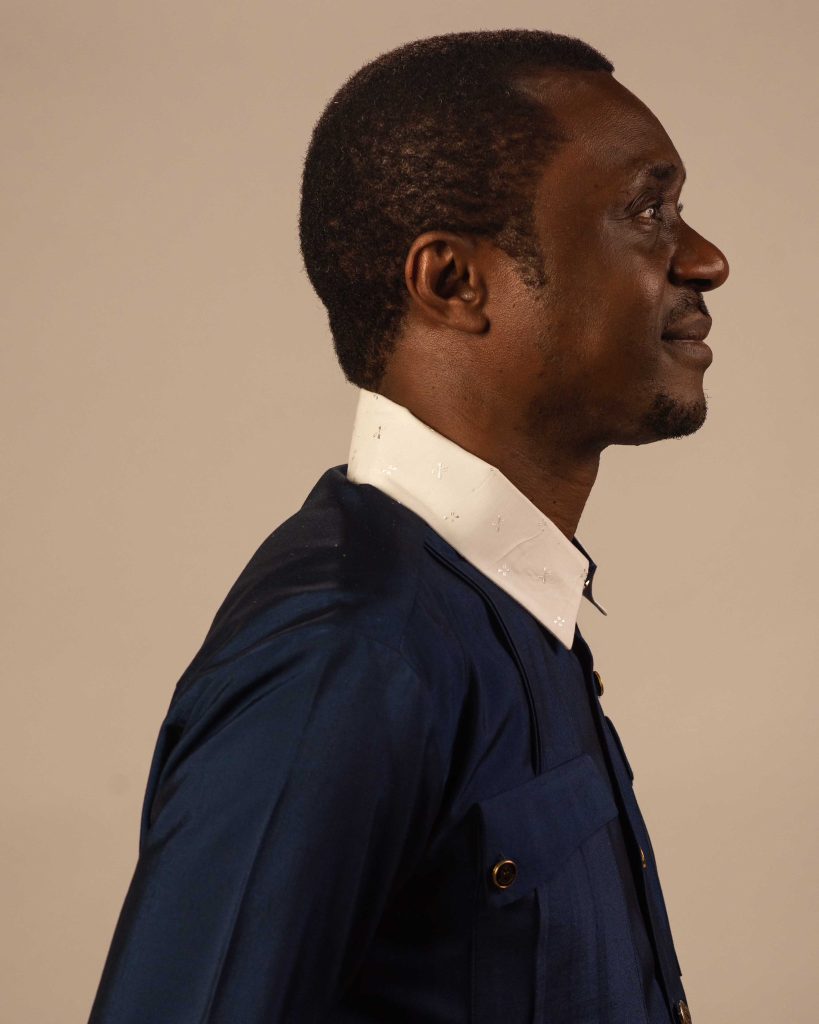Nigerian gospel music is more than a genre; it is a social force that threads spirituality, identity, and creativity into the everyday lives of millions.
Rooted in indigenous rhythms, church hymns, and the global sounds of contemporary Christian music, Nigerian gospel has grown from Sunday worship backdrops into a major cultural industry that shapes language, fashion, public gatherings, media, and even national conversations about faith and morality.
A Fusion of Sounds and Spirit
At its core, the appeal of Nigerian gospel lies in its synthesis. It blends local musical idioms such as drums, call and response patterns, and highlife or Afrobeat inflections with lyrics that speak directly to spiritual experience, social struggle, and hope.
Artists such as Sinach, whose global hit “Way Maker” has been covered by worship teams worldwide, and Nathaniel Bassey, with songs like “Imela” and “Onise Iyanu”, exemplify this balance between indigenous texture and international polish.
This fusion allows gospel songs to feel simultaneously familiar and transcendent. They can comfort during personal grief, fuel exuberant celebration at weddings and thanksgiving services, or offer a moral vocabulary for public discourse.

Because the music speaks in recognizable sonic and linguistic codes, it travels easily from church sanctuaries to radio playlists, street corners, and social media feeds.
Community, Mentorship, and Identity
Gospel music in Nigeria also functions as a vehicle for communal identity. Churches and choirs remain primary sites where musicians develop their craft, learning harmonies, arranging, and stage performance within a community that values participation.
Choirs such as The Redeemed Christian Church of God Mass Choir and House on the Rock’s Lagos Metropolitan Gospel Choir (LMGC) serve as micro-institutions of mentorship and socialization.
For many young singers, including Mercy Chinwo and Frank Edwards, the choir was their first public platform, providing both training and networks that later launched their careers.
Beyond career building, these musical communities preserve linguistic and cultural diversity. Many songs weave in Yoruba, Igbo, Hausa, and Pidgin English, embedding proverbs and storytelling that help sustain regional identities even as the music circulates globally.
Economic Growth and Industry Influence
Economically, Nigerian gospel music has matured into a significant sector of the nation’s creative economy.
Professional gospel artists, producers, and promoters organize massive concerts such as The Experience Lagos, which attracts over 70,000 attendees annually and features both local and international performers.
These events generate revenue for hospitality, transportation, media, and vendors, transforming worship into a powerful public spectacle.
The commercialization of gospel has sparked debate. Some critics argue that artists risk commodifying faith, while others see it as a way to professionalize ministry and expand the reach of positive, uplifting messages.
Cultural Expressions: Fashion, Language, and Ritual
Nigerian gospel influences fashion, language, and social ritual.
Artists like Ada Ehi and Tim Godfrey often showcase Afrocentric styles that blend tradition with modern flair, inspiring fans to express faith through fashion.
Popular gospel refrains such as “God no go shame us” or “You do this one, oh!” quickly enter everyday speech, used to affirm hope and gratitude.
Gospel songs provide the soundtrack to nearly every life-cycle event. From birth dedications and graduations to funerals and weddings, they shape how Nigerians mark major transitions with faith and joy.
Moral Voice and Social Commentary
Gospel artists often act as public moral voices.
Songs like Tope Alabi’s“Angeli Mi” and Dunsin Oyekan’s“Roar” inspire ethical reflection, perseverance, and devotion.
Beyond music, artists use their platforms for charity and advocacy. Nathaniel Bassey’s “Hallelujah Challenge”, for instance, mobilized millions online for worship and raised funds for community outreach.
In moments of national hardship, such as the COVID-19 pandemic or economic crises, gospel music has served as both balm and catalyst, reminding citizens of unity, compassion, and faith.

Global Reach and Diaspora Connections
Nigerian gospel music participates in transnational cultural flows.
Diaspora audiences in London, Toronto, and Atlanta host sold-out concerts featuring Nigerian stars like Sinach, Moses Bliss, and Victor Thompson.
This exchange enriches both sides. International production techniques shape local sounds, while Nigerian spirituality influences global Christian music.
When a Nigerian choir performs abroad, as seen with Dunamis International Gospel Centre’s tours, it presents Nigeria as expressive, resilient, and faith-driven.
Tensions and Transformation
With visibility comes tension. The intersection of religion, commerce, and celebrity raises ethical questions. Should ministers behave like entertainers? Does success dilute spiritual depth?
These debates between authenticity and modernization, reverence and showmanship, indicate a maturing cultural field learning to balance faith with fame.
Technology and the Future
Digital platforms have revolutionized Nigerian gospel music.
Independent artists like Greatman Takit and Limoblaze now reach millions through YouTube, Spotify, and TikTok without record labels.
Viral performances, livestreamed concerts, and cross-genre collaborations, including gospel Afrobeat fusions, reflect how younger audiences engage faith through modern soundscapes.
Nigerian gospel music is a living cultural institution, a bridge between sacred and secular life.
It serves as a repository of memory, a launchpad for talent, a driver of economic growth, and a moral compass in turbulent times.
Whether sung in a village chapel, a megachurch, or streamed on a global playlist, gospel music continues to shape how Nigerians express faith, confront hardship, celebrate joy, and imagine hope-filled futures.
Its vitality affirms a timeless truth: in Nigeria, music and spirituality remain inseparable companions on both private and public journeys.
Related posts
Subscribe
* You will receive the latest news and updates on your favorite celebrities!


